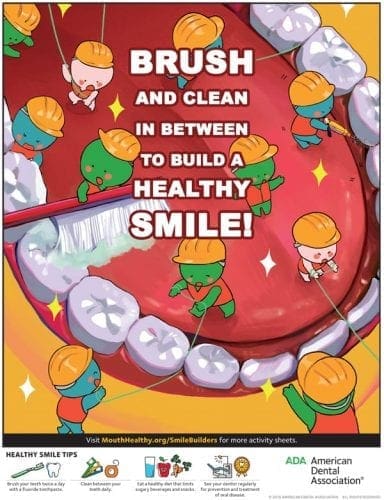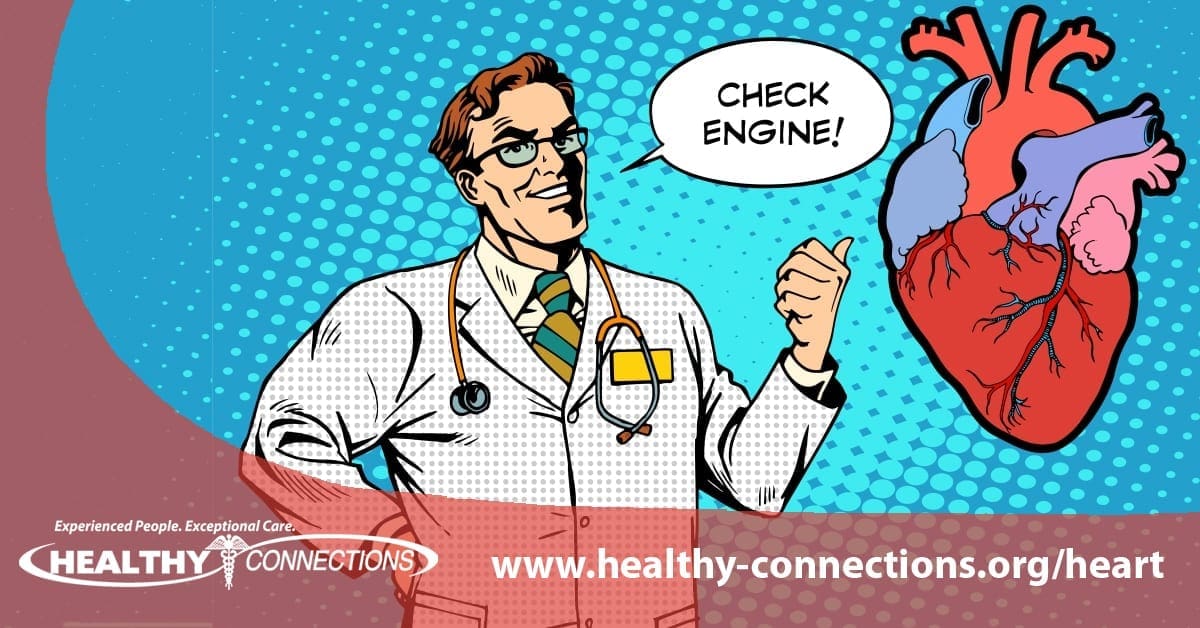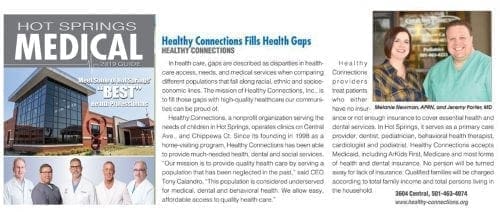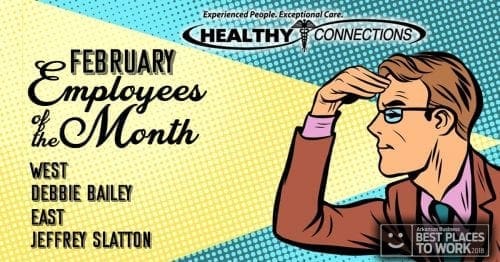February is National Heart Month, a time to raise awareness about cardiology and cardiovascular diseases. The four-chambered heart is an amazing engine for your body, but it’s one without a check engine light. Learn more about the heart and how it works. And keep Healthy Connections Cardiology Clinics in mind if you need us. We have Dr. Vito Calandro in Mena and Dr. Fred Heinemann in Hot Springs.
1. Your heart can weigh between 7 and 15 ounces.
A man’s heart weighs, on average, around 10 ounces and a woman’s heart weighs around 8 ounces.
2. Newborn babies have the fastest heartbeats.
A newborn’s heart rate is around 70 to 190 beats per minute. The average adult should have a resting heart rate between 60 and 100 beats per minute. If your resting heart rate is higher or increases over several years, it could be a sign of current or impending heart problems. Athletes, who regularly train, will have a very slow resting heart rate around 40 to 60 beats per minute. Women also have faster heart rates, on average, than men because their hearts are smaller in size and need to beat more to pump the same amount of blood.
3. Your heart is located in the middle of your chest.
It’s found behind your breastbone, but it’s tilted to the left, which makes it easier to feel on that side of your chest.
4. Your heart beats around 100,000 times a day.
The sound you hear when it beats is actually the noise of the heart valves opening and closing.
5. Your heart pumps 2,000 gallons of blood a day.
That blood travels about 12,000 miles through your body each day, which is four times the size of the U.S. from coast to coast. During your lifetime, you pump about one million barrels of blood.
6. Heart attacks happen most often on Monday mornings.
Stress hormones are higher in the mornings than at any other point during the day, and Mondays, in particular, seem to cause people more stress than other days of the week. A rise in blood pressure, plus an increase in heart rate and stress hormones can break pockets of plaque and cause a blockage to the heart.
7. There are 60,000 miles of blood vessels in your body.
If one of the vessels is damaged, it makes your heart have to work harder to pump your blood.
8. No one knows why the heart is associated with love.
Different civilizations and historical time periods had different meanings for the heart. The belief that the heart controlled all thought and emotion was the general assumption in ancient civilizations. They also believed that the brain was completely useless. Over time, the idea that love came from the heart stuck in popular culture.
9. Men and women have different heart attack symptoms.
The symptoms of a woman having a heart attack are much less prominent than a man. For women, heart attacks can feel like uncomfortable squeezing, pressure, fullness or pain in the center of the chest. It can also produce pain in one or both arms, the back, neck, jaw or stomach, shortness of breath, nausea and other symptoms. Men experience the typical heart attack symptoms of chest pain, discomfort and pressure. They, too, can experience pain in other areas, such as the arms, neck, back, and jaw, as well as shortness of breath, sweating, and discomfort that mimics heartburn.
10. Laughing is good for your heart.
Studies have shown that your blood vessels relax when you’re laughing, which sends 20% more blood through your body. Relaxed blood vessels mean your heart doesn’t have to work as hard.
11. The heart works twice as hard as the leg muscles of a sprinter.
It takes a lot of force to move your blood around your body, and that is why a strong, healthy heart is so important. The heart, which is a muscle, has twice the power of the leg muscles of someone sprinting.
12. Sneezing does not stop your heart.
Contrary to popular belief, sneezing does not stop your heart or make it “skip a beat.” It can, however, briefly change your heart’s rhythm. The only time your heart stops is during cardiac arrest.
13. Your aorta is as large as a garden hose.
The biggest artery in your body, the aorta, runs from your heart to your belly. It carries the most blood and is also the most common sight for problems like aneurysms.
14. A “broken heart” can feel like a heart attack.
Intense and sudden feelings of sadness can mimic the symptoms of a heart attack. Stress hormones are released into the body and can cause chest pain and shortness of breath. Luckily, with a little bit of rest, your heart will begin to feel normal.
15. Some capillaries are ten times smaller than a human hair.
They are so small that blood cells have to travel single-file through them. Oxygen and carbon dioxide are exchanged through the very thin walls of the capillaries.
16. Horses can mirror a human’s heart rate.
A study showed that a horse can mimic the heart rate of the person touching them. Along with dogs and cats, horses have been added to the list of animals that are emotionally responsive to humans, and they may one day be used to detect stress hormones in patients.
Source: www.unitypoint.org
 Each February, the American Dental Association (ADA) sponsors National Children’s Dental Health month to raise awareness about the importance of oral health. This year’s slogan is: “Brush and clean in between to build a healthy smile.”
Each February, the American Dental Association (ADA) sponsors National Children’s Dental Health month to raise awareness about the importance of oral health. This year’s slogan is: “Brush and clean in between to build a healthy smile.”





 Congratulations to our Healthy Connections February Employees of the Month:
Congratulations to our Healthy Connections February Employees of the Month: